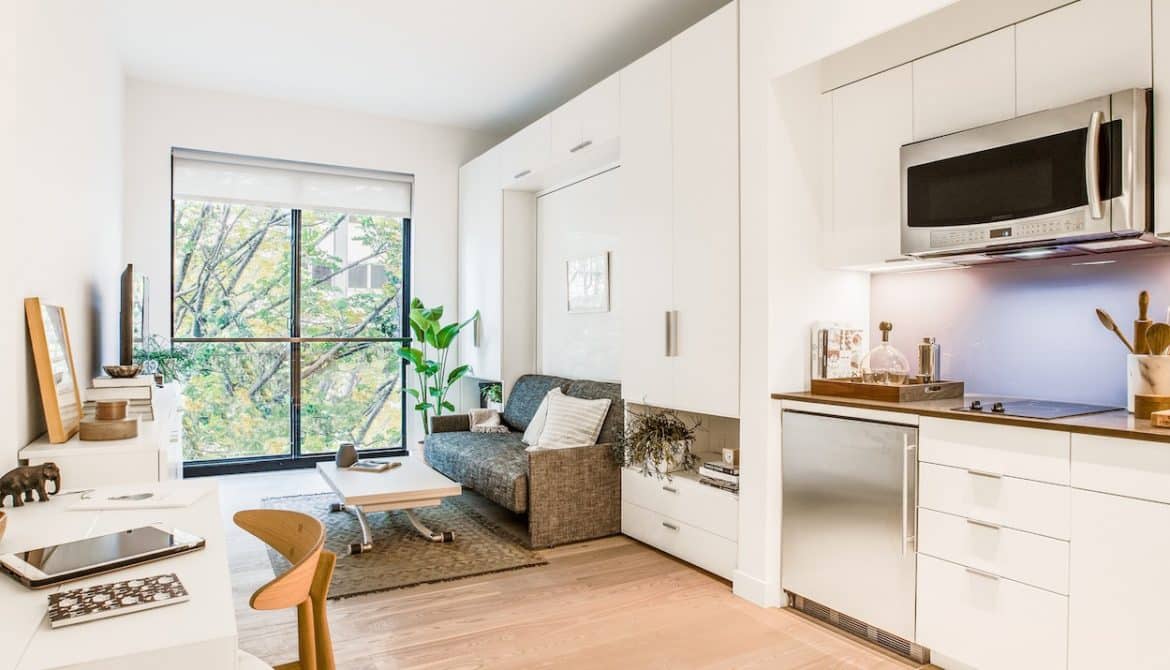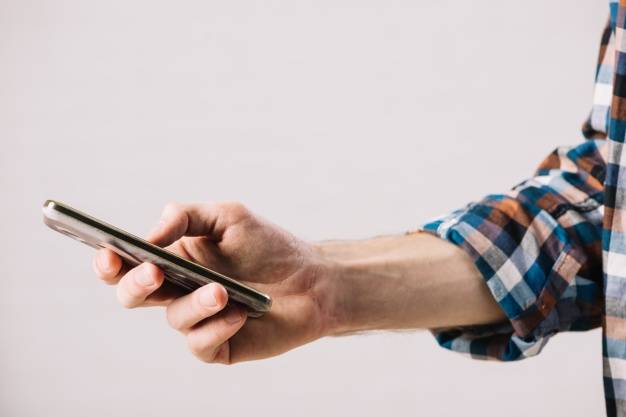In a world where more often equals better, the concept of minimalism benefits flips the script, offering a refreshing take on living with less, impacting homes with the pros of freedom. Imagine swapping the weight of clutter, stuff, and junk for the freedom of simplicity—this isn’t just about tidying up or spending less time cleaning; it’s about choosing quality over quantity in every aspect of life, including our belongings. From decluttered spaces in homes to clearer minds, minimalism paves the way for focusing on what truly matters by cleaning room and belongings. Dive into how shedding excess can lead to unexpected joys, benefits, and an enriched life that many only dream of as a gift and way to better sleep.
Understanding Minimalism and Its Core Principles
Prioritizing Value
Minimalism isn’t about having less stuff or junk for the sake of it; it’s a way, not just a gift. It’s about prioritizing the stuff, things, and way that truly add value and gift to your life. This principle encourages us to look closely at our things and possessions and ask, “Does this serve a purpose or bring me joy?” If the answer is no, it might be time to let go.
By focusing on value rather than quantity, we start making more intentional choices about things. We buy fewer things but of better quality. This not only reduces clutter in our homes but also helps us appreciate the things we have even more.
Purposeful Living
Living with things that serve a purpose or bring joy is at the heart of minimalism. It’s about stripping away the unnecessary things so we can focus on what matters most. For example, instead of keeping clothes you never wear, you keep only those that make you feel good.
This approach extends beyond physical items to how we spend our time and energy. Minimalism encourages us to say no to commitments that don’t align with our values or add meaning to our lives. By doing so, we create more space for activities and relationships that truly matter.
Reducing Clutter
Reducing clutter is a key benefit of adopting a minimalist lifestyle. Clutter isn’t just physical; it can be digital or mental too. By being intentional about what we allow into our lives, we can significantly reduce all forms of clutter.
-
Physical clutter includes unnecessary possessions.
-
Digital clutter involves excess emails, apps, or files.
-
Mental clutter comes from overcommitting or stressing over material possessions.
Embracing minimalism leads not only to cleaner spaces but also clearer minds.
Psychological Rewards of Adopting a Minimalist Lifestyle
Enhances Focus
Minimalism helps clear the clutter from our lives. This makes it easier to concentrate on what truly matters. With fewer distractions, we can focus better on our goals and tasks.
By removing unnecessary items, we free up physical and mental space. This leads to improved productivity and creativity. It’s like giving your brain a breath of fresh air.
Promotes Freedom
Adopting minimalism brings a surprising sense of liberation. We often don’t realize how much material possessions weigh us down until they’re gone.
This lifestyle teaches us that happiness isn’t found in things but in experiences and relationships. It’s freeing to know that you don’t need much to be content.
Increases Satisfaction
Minimalism encourages appreciation for what we already have. Instead of always wanting more, we find satisfaction in simplicity.
-
Pros:
-
Less desire for new possessions
-
Greater gratitude for current belongings
-
Cons:
-
May require initial adjustment period
-
Could be challenging for those attached to many items
Seeing value in less helps cultivate a deeper sense of joy and thankfulness. Every item you choose to keep feels like a gift—a chosen pleasure rather than an accidental accumulation.
Emotional Well-being Through Minimalism
Simplified Decisions
Minimalism makes life easier. It cuts down on the stress of choosing between too many options. With fewer possessions, decision-making becomes a breeze.
This simplicity leads to lower cortisol levels. Cortisol is known as the stress hormone. High levels can harm your mental health. But minimalism keeps it in check.
Appreciating More
Minimalism teaches us to love what matters most. Not things, but experiences and relationships bring true happiness.
By focusing less on material possessions, we find joy in simple pleasures. A walk in the park or reading a book brings peace and contentment that stuff cannot give.
Quality Time
Minimalist living strengthens bonds with loved ones. It promotes spending quality time together over accumulating items.
Families practicing minimalism report feeling closer to each other. They share activities that don’t cost much but are rich in love and attention.
Simplifying Your Living Space for a Clearer Mind
Decluttering Benefits
Decluttering your space can do wonders for your mind. Removing clutter frees up not just physical, but also mental space. This practice allows you to focus better on what truly matters.
By reducing the number of belongings in a room, you spend less time cleaning and organizing. This results in more free time to pursue hobbies or relax. A minimalist home simplifies finding things when you need them, cutting down on daily frustrations.
Productivity Boost
An organized environment is key to improved productivity and creativity. With fewer distractions, your brain can process thoughts more clearly. This leads to innovative ideas and efficient work output.
Minimalist spaces are designed with purpose and intentionality, emphasizing only what’s essential. Such environments encourage us to set clear priorities at work and in personal life. They help identify what tasks or goals are most important.
Anxiety Reduction
Minimalism promotes relaxation by creating serene places that soothe the mind.
-
Less stuff means fewer stimuli vying for our attention.
-
Simple homes provide a peaceful retreat from the busy world outside.
These factors combine to reduce anxiety levels significantly. People living minimally often report better sleep patterns due to reduced stress from their surroundings.
Financial Advantages of Minimalism
Spend Less
Minimalism helps you cut down on buying things you don’t need. This means more money stays in your pocket. Instead of grabbing every sale item, you think twice. Is it essential? Often, the answer is no.
This habit builds over time. You notice your bank balance growing because you’re not chasing after every new gadget or fashion trend. It’s freeing to see how much you can save by simply living with less.
Quality Over Quantity
Investing in fewer, but better-quality items pays off. Cheap items often break or go out of style quickly. But quality goods last longer and perform better.
For example, a good pair of shoes might cost more upfront but won’t wear out as fast as cheaper ones. In the long run, this saves money and reduces waste.
Simplified Finances
Minimalism makes budgeting easier. With fewer categories to track, managing your finances becomes straightforward.
-
No more guessing where your money went.
-
Clearer understanding of needs versus wants.
You start focusing on what adds value to your life rather than just accumulating stuff.
Health Benefits of a Minimalist Approach
Simplified Meals
Adopting minimalism can lead to healthier eating habits. By simplifying meal preparation and choices, you’re more likely to choose whole foods over processed options. This shift can reduce calorie intake and increase nutrient consumption.
Minimalist kitchens often contain fewer gadgets and ingredients. This encourages cooking with basic, wholesome ingredients. Studies show that home-cooked meals are generally healthier than restaurant or pre-packaged food.
Active Lifestyle
A minimalist approach encourages physical activity in subtle ways. Maintaining a minimal space often involves regular decluttering and cleaning, which adds up to unexpected physical exercise.
The less cluttered your living environment, the more inviting it becomes for activities like yoga or home workouts. A clean space reduces stress levels too, making it easier to motivate yourself for some exercise.
Fewer Chemicals
Minimalism benefits health by reducing exposure to harmful chemicals found in many household products. By purchasing fewer items, you limit your contact with these substances.
Products ranging from cleaners to personal care items contain chemicals that could affect health negatively over time. Opting for simpler alternatives not only cuts down on clutter but also promotes a safer living environment.
Social and Environmental Impact of Minimalism
Reduces Waste
Minimalism goes beyond decluttering. It’s about reducing our environmental footprint. By buying less, we produce less waste. This simple act can significantly lower our carbon footprint.
Think of it this way: every product we avoid buying means one less item that could end up in a landfill. Less manufacturing also means fewer resources are used, which is great for the planet.
Ethical Consumption
Choosing minimalism encourages us to think before we buy. We tend to opt for sustainable products that do more good than harm to the environment.
For example, a minimalist might choose a reusable water bottle over disposable plastic ones. This not only reduces waste but also supports companies committed to ethical practices.
Community Engagement
Embracing minimalism often leads to sharing or donating items we no longer use. This fosters a sense of community and helps those in need.
Imagine cleaning out your closet and giving clothes you don’t wear anymore to someone who needs them. You’re not just decluttering; you’re making an impact on someone’s life.
Transitioning to a Minimalist Lifestyle Successfully
Start Small
Transitioning to minimalism doesn’t happen overnight. It’s crucial to start small. Begin by decluttering one area at a time. This could be your closet, a single drawer, or even your digital space.
By focusing on one area, you avoid feeling overwhelmed. Each cleared space can boost your motivation and energy for the next. Remember, each decision to keep or remove an item is a step towards simplicity.
Identify Values
Understanding what matters most in your lives is key. Take time to journal about your values and goals. This helps guide your decluttering decisions.
When you know what’s important, it becomes easier to let go of the rest. Your spending and energy will align more with these values as a result.
Embrace the Journey
Minimalism is more than just getting rid of things; it’s about making room for what truly enhances our lives. See this transition as a journey rather than an immediate transformation.
Celebrate small victories along the way and allow yourself time to adjust. Changes in how we live and make decisions can lead us toward greater productivity and well-being.
Diving into minimalism isn’t just about chucking stuff out; it’s a deep dive into what truly matters in your lives. You’ve seen the perks—mental clarity, emotional balance, a tidier space, more cash in the bank, better health, and even doing a solid for the planet. It’s like hitting a life reset button, but with a strategy that sticks. Transitioning to a minimalist lifestyle isn’t a sprint; it’s more of a marathon with personal records you didn’t know you could hit.
So, what’s stopping you? Imagine less clutter, more peace, and yes, even those financial gains. It’s time to lean into less. Start small: clear out a drawer, take a hard look at your spending habits, or just spend a few moments appreciating what you have. Embrace the minimalist journey and watch how it transforms not just your space, but your entire outlook on life. Ready to make the leap? Your future self will thank you.


